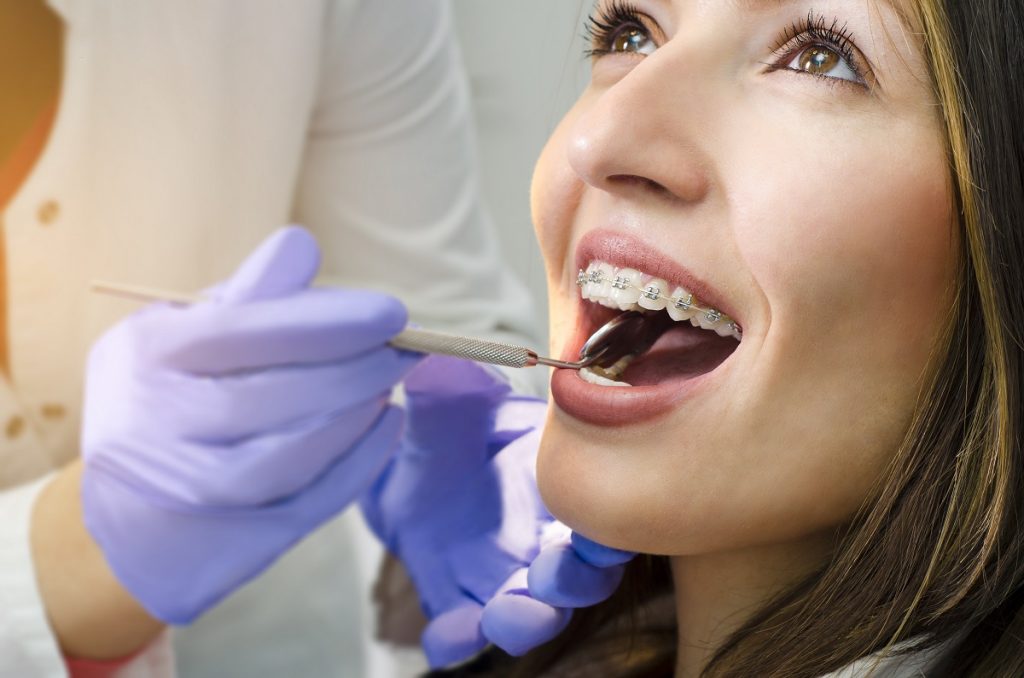Dentistry has come a long way since the Middle Ages. There are some studies indicating that the Indus Valley Civilization treated normal dental illnesses similar to how they treated other bodily illnesses. The Egyptian civilization also cured the sick of dental issues and credits Hesy Re as one of the world’s first recorded dental practitioners.
The Chinese and the Greco-Roman civilizations also focused on the dental issues of their age. However, they ascribed cavities and other tooth decay to tooth worms: a belief still upheld until the 1700s. Thankfully, we have moved on from quack science regarding the health of our teeth in modern times.
Our set of teeth is important for a variety of reasons. Upon arriving in adulthood, our original set of teeth will never be replaced. It is the first thing that food comes in contact with during the digestive process. It is also what is protruded or shown whenever we express happiness, delight, or just plain joy. Unhealthy teeth and gums are two of the most prominent signs of an unhealthy body. Decayed teeth are one of the first signals a doctor encounters in a person with horrible eating and smoking habits. Teeth are important for a person’s quality of life.
Dental science has come a long way from our traditional and ancient beliefs. Thankfully, we can rely on trusty science and its discoveries to find more innovations for our dental health. What dental innovations does the industry have in store for us?
Artificial Intelligence Integration

Artificial intelligence is now widely used in analyzing teeth, gum, and bone structures in people’s mouths. Gone are the days when we have to retrofit Plaster of Paris just to get an accurate description of our teeth structure. Artificial Intelligence has already allowed dentists to rid themselves of the traditional methods of measurement.
In using artificial intelligence, a complete 3-dimensional model can be had in a matter of seconds after having your x-ray. It makes the dentists’ job easier by reducing the amount of time needed to make multiple models of the teeth and having a more precise fitting for the teeth. If needed, a 3D model can be printed for easier reference through the accompanying software.
Teledentistry
Thankfully, dentists are now also using the same technology with regard to communicating with their patients as doctors. Teledentistry has become a new trend in the dental industry. Because of the pandemic, dentists are now more scared than ever to take on and tend to their patients personally. If it can be helped, more and more dentists are engaging in teledentistry. This method enables the patients and the dentists to communicate without seeing each other personally.
Intra-oral Camera
Intra-oral cameras have been life-changing for many dentists worldwide. Intra-oral cameras are small cameras that dig deep around the mouth, similar to other surgical cameras. Thanks to these cameras, patients will not have an awful time with their mouths open for long periods of time. These cameras help those who cannot open their mouths properly at all and might need a blindspot checked. Those with jaws needing surgery and cannot open their orifice properly can rely on an intra-oral camera to have his or her blind spots properly checked.
Lasers
Through laser technology, tooth decay is easily detected and eliminated. The technology involves scanning the entire mouth for cavities and other foreign objects and cleaning them thoroughly through laser technology. Whenever the laser scans a healthy tooth, the laser will turn off its powerful beams.
However, coming across a dark cavity or unnaturally discolored teeth, the laser will activate to erase the discoloration or the plaque buildup. It’s similar to teeth whitening without the crazy effort of scraping off the teeth individually.
Facial Restructuring
3D scanning technology plays a big role in restructuring and re-contouring certain facial structures, whether for therapeutic or cosmetic reasons. Lots of people are now engaging dentists and oral surgeons for facial restructuring. There are multiple reasons one undergoes such a surgery. The main reason people go through with it is they want to improve their quality of life. 3D scanning technology enables dentists to access the possible outcomes for the surgery they will perform.
Through technology, we are getting to experience the pioneer methods and the future of dental care. While we are years away from effective preventive means to take care of teeth, we are certainly within the bounds of the most advanced healing methods and solutions. Teeth are an essential part of the human experience. To squander its use is to discourage living our lives to the fullest.






